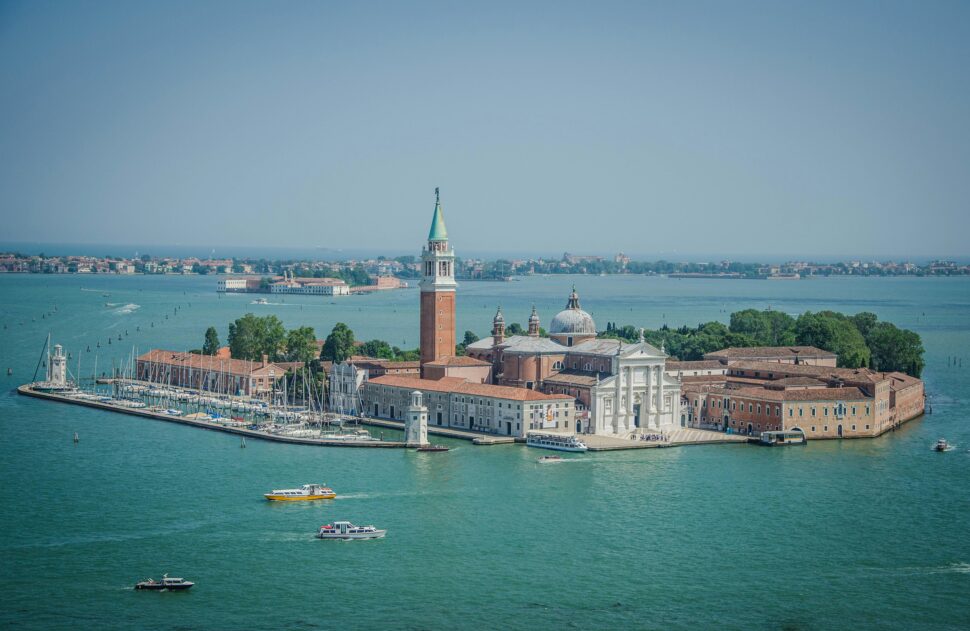Europe is a continent that is full of culturally significant countries and a plethora of interesting historical sites. There are so many options for travelers looking to dip their toes into the unique landscapes and cultures; depending on an individual’s interests, there is something for everyone in one of the continent’s many beautiful countries. From the Champs-Élysées in France to the vineyards of Italy and other underrated destinations, Europe presents the perfect opportunity for solo travel.
While adventuring alone in Europe is no new concept, it’s making a major comeback. Past discouragement from the COVID-19 pandemic and the high cost of travel has been holding people back from booking their first solo travel experience. But with all that is going on in the world, there is no time like the present to plan a trip to Europe and recenter yourself away from the stressors of your everyday life. Of course, there are some things to consider before embarking on the journey of a lifetime – here’s what to know about solo travel to Europe in 2025.
Preparing for a Solo Trip to Europe

There are many different things to consider when planning a solo trip to Europe including which countries to cross off your bucket list and when is the most ideal time to plan your arrival. Safety is the bulk of many solo travelers’ concerns when planning to go abroad alone. While this largely depends on where you go and the accommodations you book, there are ways to generally prepare. Traveler’s insurance is an invaluable add-on for solo travelers who want to cover all their bases. While it can be a bit expensive depending on the policy, it is an investment and backup option for the less fun times that could come. Choose a travel insurance program that suits them best and their specific concerns; doing research ahead of time can help you find the best option for you.
As a rough guide, solo travelers should consider the length of their travel, how many trips they’ll take, where they go and what activities they’ll participate in. Basic travel insurance policies can cover lost luggage, stolen belongings, natural disasters, illness or injury and other challenges like unexpected cancellations. Travelers who plan to enjoy a whole self-curated Europe tour may need to invest in backpacker insurance instead though. Otherwise, frequent flyers planning to revisit Europe should check out annual travel insurance.
Safety Precautions To Consider
Solo travelers should be sure to have their own small first aid kit just in case accidents happen. This ensures that despite regional offerings (or neglecting to purchase travel insurance made for adventurous people which covers some minor medical care) you will be taken care of. Any relevant emergency contacts should be on your person at all times. As an extra precaution, it may be helpful to share your travel plans and itinerary with a trusted person. This is especially important for people backpacking or traveling to places with an increased safety risk.
When Is the Best Time To Visit Europe Alone?

Europe has varying climates and landscapes which may be influential factors. Overall, the less busy times of the year are typically considered better for solo travelers. These seasons allow you to avoid huge crowds and more thoroughly enjoy your experiences. Since peak tourism seasons also bring peak prices, avoiding this time is beneficial to your bank account as well. As a general rule of thumb, it is best to avoid the summer – although the summer offers the warmest temperatures and perhaps the best conditions for outdoor activities, spring and fall are also great. There is more mild weather across Europe during these seasons so you can be less concerned about heat exhaustion and bugs. For solo travelers considering a trip to Mediterranean destinations, between April and May is best.
Overcoming Solo Travel Anxiety
For some new solo travelers, the thought of being alone while abroad can be quite intimidating. While this anxiety likely will go away with experience and time, there are some ways to accommodate travel nerves. It may be wise to book small sightseeing tours which provide a more intimate experience. The ones that are led by locals or highly rated tourism companies typically encourage travelers to engage with others, learn some of the language and taste delicious, unique cuisine. For those who are interested, there are even solo travel Europe groups which may be more cost-effective and save time on planning. Beyond that, the world is your oyster, so getting out and about is integral!





